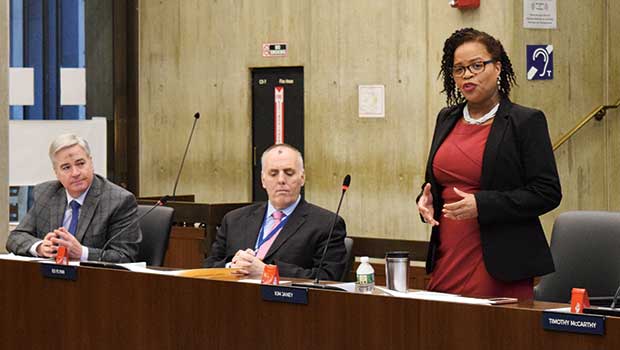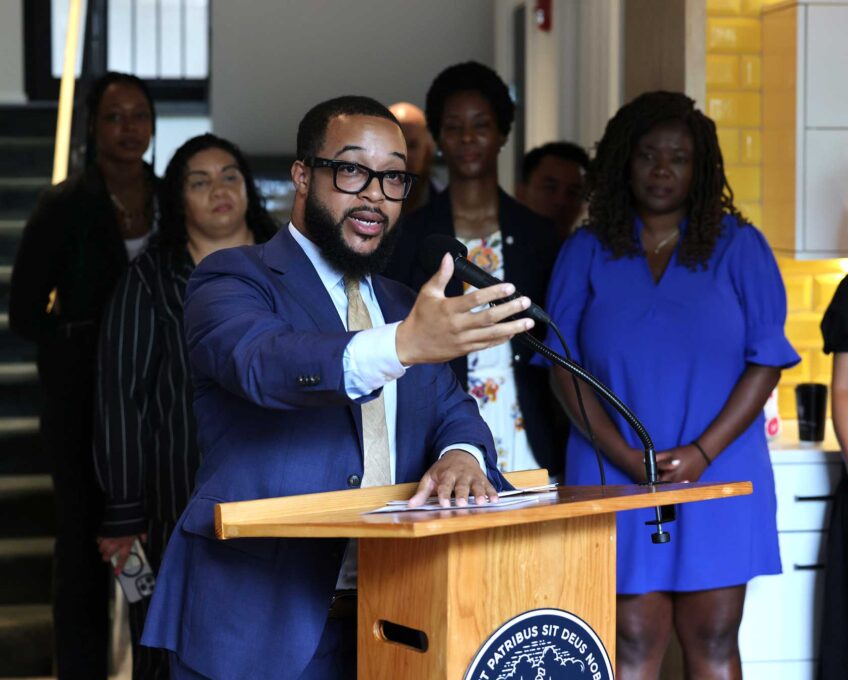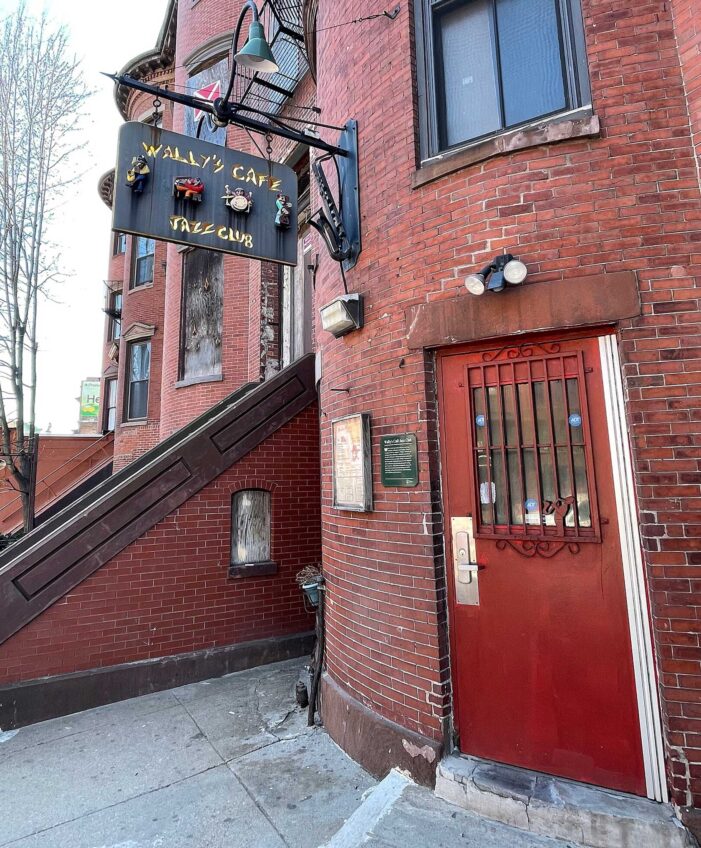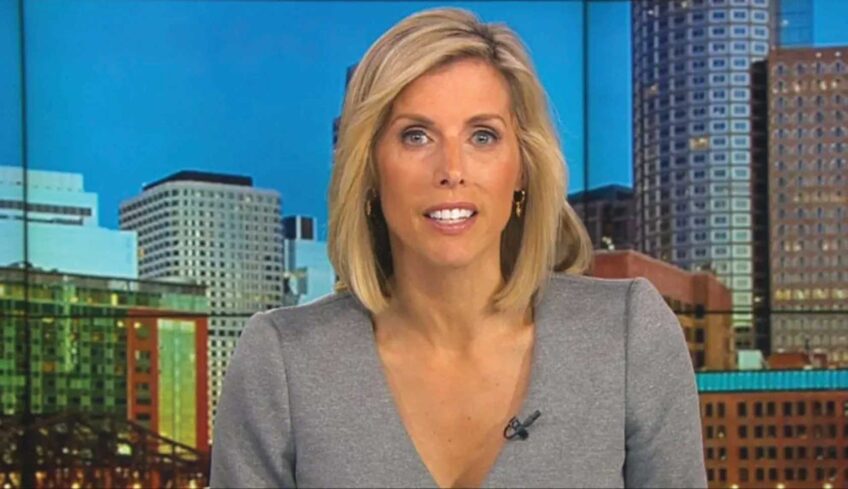A focus on small business
District 7 councilor sets her sight on growing wealth

During her first speech from the floor of the city council, District 7 City Councilor Kim Janey called for a hearing to examine the opportunities and challenges facing small businesses in Boston and spoke about her intention to focus on increasing homeownership and supporting entrepreneurship, especially among women, immigrants and people of color.
“We know historically there are two ways to build wealth. We can do so through homeownership and entrepreneurship,” she said.
“Just as rising rents are impacting residents throughout the city, rising commercial rents are putting pressure on small businesses,” she said. “And what used to be the most vibrant commercial district in the city, second only to downtown, my own neighborhood of Dudley Square has 12 empty storefronts.”
The new councilor recognized that although there are challenges, there are also opportunities in areas like Dudley Square, where there are 14,000 residents within a half-mile that annually spend an estimated $85 million on retail and restaurants.
“But this money is being spent in Randolph instead of Roxbury and at the South Shore Plaza, instead of the South End,” said Janey. “We need policies responding to the pressures of commercial gentrification and we still have work to do in addressing the many permitting and licensing processes that can be a roadblock for many small businesses.”
Joyce Stanley, executive director of Dudley Square Main Streets, said she agrees with Janey’s statements and that business and home ownership are tools against displacement and gentrification.
“You can’t be put out from somewhere if you own something, but in Dudley Square, it’s 90 percent tenants,” Stanley told the Banner over the phone.
The good news, according to Stanley, is that there are multiple locally-owned restaurants opening in the square, including an Ethiopian cafe by restaurateur Befekadu Defar and a soul food spot by restaurateur Cheryl Straughter, in the space vacated by Tasty Burger.
Stanley said she has noticed that most people, especially young people, are more interested in quality, authentic and healthy food like that served at Suya Joint and Dudley Cafe and cited that as one of the reasons why the Tasty Burger location flopped.
“We’re trying to define what retail and entrepreneurship will look like in the future, because so many young people shop online.” said Stanley.
Uphill battle
In the Grove Hall area, Ed Gaskin, executive director of Greater Grove Hall Main Streets, said that it has been a challenge attracting businesses to the community which “has had some of the highest commercial vacancy rates in the city,” he said. “While those rates have come down recently due to the economic boom we are experiencing, the fact is, many commercial businesses see Grove Hall as a less than attractive place to do business because of the low disposable income.”
Gaskin added, “The income mix is something that needs to be considered when developing housing policy, [but] in our case we want the development, we don’t want the displacement.”
In response to Janey’s maiden speech, Gaskin said he hopes the councilor can continue to enforce regulations to hire more minority-owned firms for city projects.
“We in Grove Hall had a parking lot and park built that cost between $500,000 and $750,000 in the heart of the black community and no effort was made to include a minority-owned construction company,” said Gaskin, referring to last summer’s reconstruction of the municipal parking lot at 23 Georgia Street and Blue Hill Avenue in Roxbury.
Just before the new year, the Boston City Council passed The Equity in City of Boston Contracts Ordinance, sponsored by councilors Ayanna Pressley and Michelle Wu, which requires the city to create a supplier diversity program that would conduct active outreach to women- and minority-owned business enterprises (MWBEs) regarding city needs and contracting processes.
Gaskin echoed Janey’s statement describing city permitting and licensing as a roadblock for many minority and local businesses.
“Under the current system, permits and licensing act as a type of additional tax. Those with the capital can hire attorneys or experts who know the system and how to expedite the process,” said Gaskin. “Those who don’t wait months for the proper permits and, in some cases, go out of business before they start because the wait is so long.”
With the new councilor’s hearing order, small local businesses will remain high on her list of priorities. “We must seek creative solutions to help established businesses remain in our city and grow, and to allow new businesses to open here,” she said.






